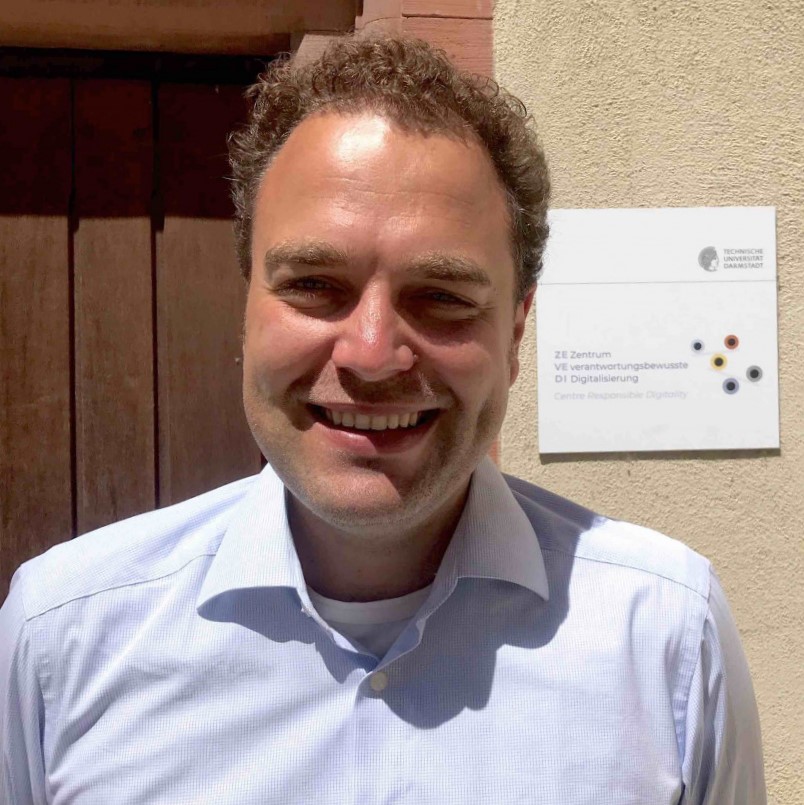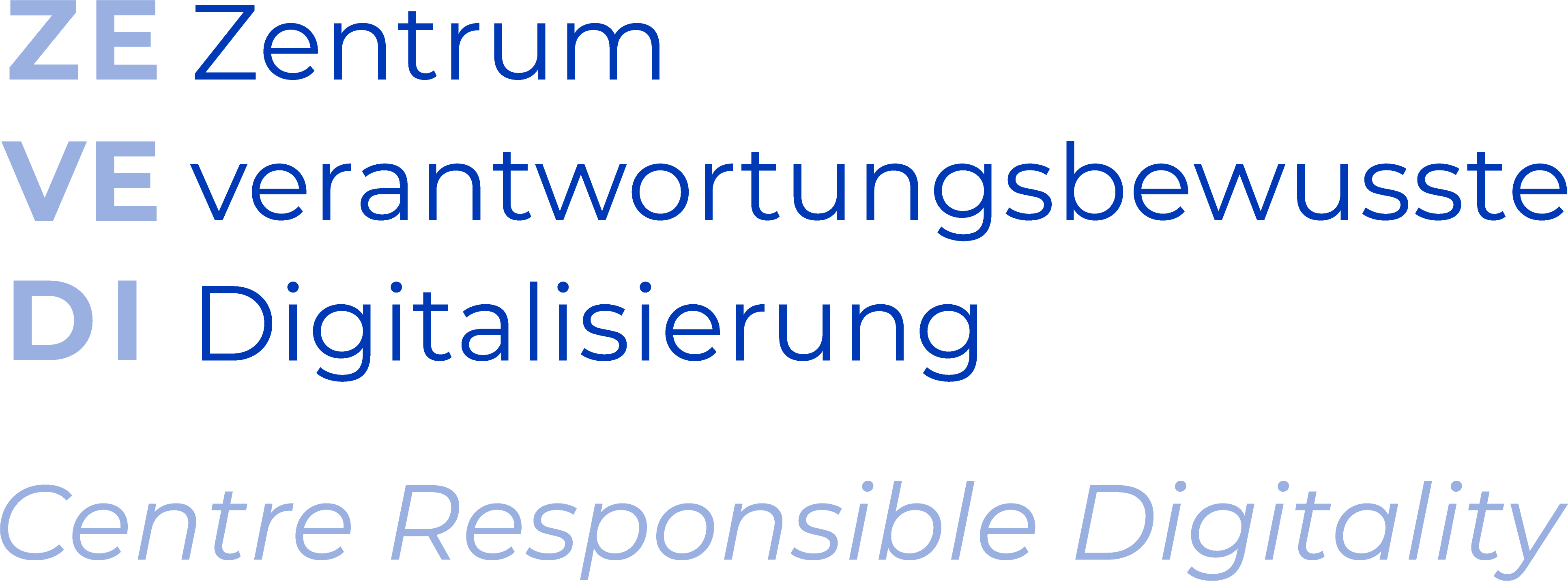Mercator-Journalist in Residence, July/August 2022

Friedemann Brenneis is a freelance journalist dedicated to the topic of “Bitcoin”. He discusses the multifaceted world of blockchain and crypto culture in established media as well as in digital outlets: both in his blog The Coinspondent» and in the successful podcast Honigdachs», which he has been running with two co-hosts since 2015.
Among other things, in 2021 his research took him to El Salvador, the state that gained global attention at the time for introducing Bitcoin as legal tender for the very first time. In addition, Brenneis launched the Magic Future Money» book project, which collected and published “(im)possible stories of the money of the future”.
Project Proposal
During his residency, Friedemann Brenneis further explored the question of whether Bitcoin could really be the trigger for a new form of civic, political, and democratic engagement, or whether challenging the state’s monopoly on money and established power structures – which are essential ideas of Bitcoin -, could ultimately be dangerous or profitable for our society.
The Residency – Input and Effects
■ Public Lecture „Why Bitcoin?“» and its video recording», 26 Juli 2022, TU Darmstadt (in German)
■ Public Lecture „Bitcoin – Boon or Bane for our Society?», 9 August 2022, Darmstadt (in German)
■ Article in the AufRuhr Magazine: Bitcoin – More than just Digital Money», 21 Dezember 2022 (in German)
Brenneis about his time at ZEVEDI
“How relevant is Bitcoin and what influence does it have on our society? As a journalist, I have been pursuing this question since 2013 and have been coming up with new answers ever since. As a decentralised project that is constantly and dynamically evolving, Bitcoin by design eludes systematic recording. Statements about the first purely digital money can therefore only ever be snapshots representing each very specific perspectives. Different views on Bitcoin are therefore often contradictory or even conflicting. And always shaped by individual attitudes and political and economic interests towards this new and different kind of money. But given this complex state of information, what do we actually know about Bitcoin? During my time at ZEVEDI, I looked at some of the socially most contentious aspects and explored the question of whether Bitcoin is potentially more dangerous or more beneficial for our society. In a workshop and two lectures, I presented my findings. They are preliminary results, yet again, however prompted by a consistently growing interaction between Bitcoin and society.”
Further information on the programme and application procedure can be found on the German language website».

